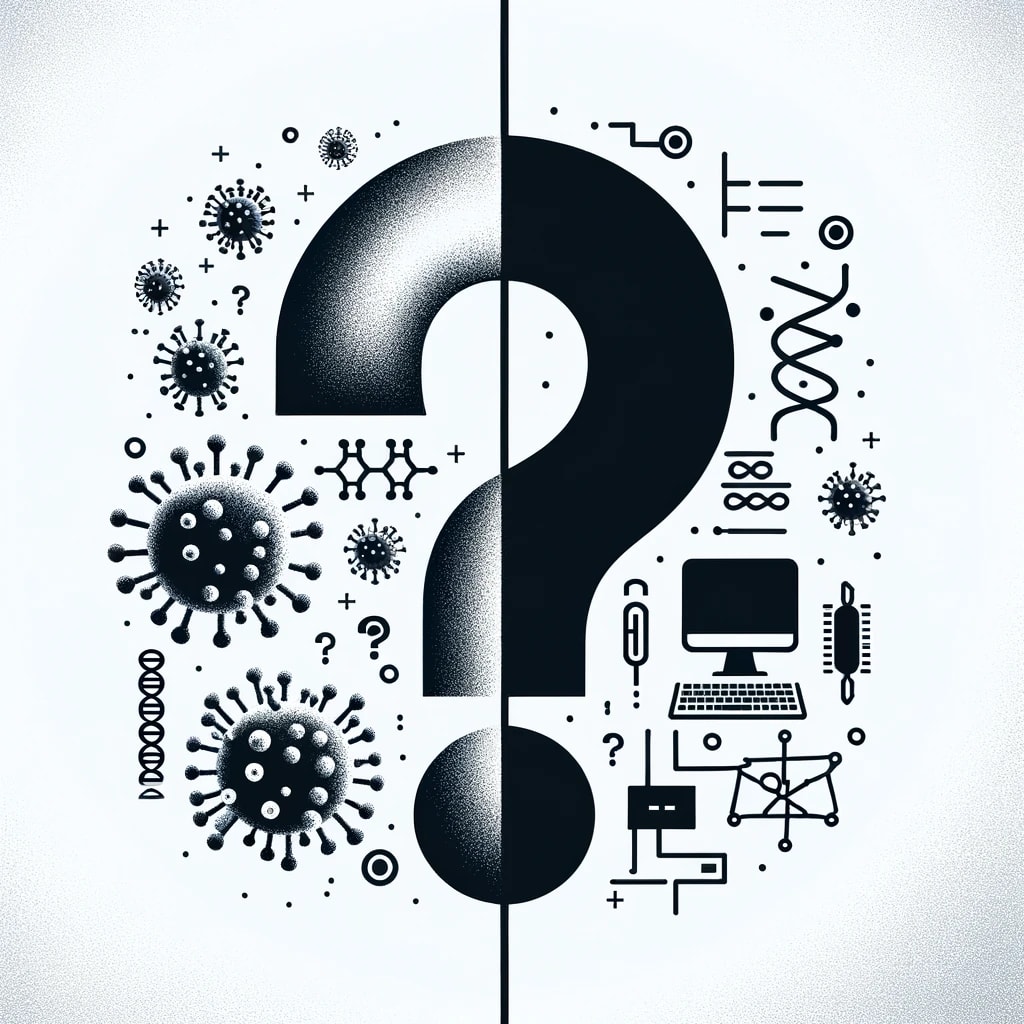Posts tagged community
Quick takes
Popular comments
Recent discussion
In this Rational Animations video, we discuss s-risks (risks from astronomical suffering), which involve an astronomical number of beings suffering terribly. Researchers on this topic argue that s-risks have a significant chance of occurring and...
Executive summary: The Belgian Constitution now enshrines animal welfare, which will have significant legal and practical implications for improving animal protection in the country.
Key points:
- Animal welfare is now recognized as a fundamental value in Belgian society, carrying greater legal weight when in conflict with other constitutional rights.
- The inclusion will encourage prioritizing animal protection laws and increased scrutiny of measures that may undermine animal welfare.
- In legal cases involving animals, judges will be influenced to give greater con

There are two main areas of catastrophic or existential risk which have recently received significant attention; biorisk, from natural sources, biological accidents, and biological weapons, and artificial intelligence, from detrimental societal impacts of systems, incautious...
Executive summary: Despite frequent comparisons between biorisk and AI risk, the disanalogies between these two areas of catastrophic or existential risk are much more compelling than the analogies.
Key points:
- Pathogens have a well-defined attack surface (human bodies), while AI risks have a nearly unlimited attack surface, including computer systems, infrastructure, and social and economic systems.
- Mitigation efforts for pandemics are well-funded and established, with international treaties and norms, while AI risk mitigation is poorly understood, underfund
Edit: so grateful and positively overwhelmed with all the responses!
I am dealing with repetitive strain injury and don’t foresee being able to really respond to many comments extensively (I’m surprised with myself that I wrote all of this without twitching forearms lol!...
I think your observations about a Western feel to most of EA is important. Being born in a Western country myself I can see that everything from the choice of music on podcasts to perhaps more importantly the philosophers and ideologies referenced is very Western-centric. I think there are many other philosophical traditions and historical communities we can draw inspiration from beyond Europe - it is not like EA is the first attempt at doing the most good in the world (I have some familiarity with Tibetan Buddhism and they have fairly strong opinions on e...
Around the end of Feb 2024 I attended the Summit on Existential Risk and EAG: Bay Area (GCRs), during which I did 25+ one-on-ones about the needs and gaps in the EA-adjacent catastrophic risk landscape, and how they’ve changed.
The meetings were mostly with senior managers...
I see. I think it is better to consider spending from other sources because these also contribute towards decreasing risk. In addition, I would not weigh spending by cost-effectiveness (and much less give 0 weight to non-EA spending), as this is what one is trying to figure out when using spending/neglectedness as an heuristic.
Join us to meet other EAG London attendees who
- come from or live in Germany, Austria or Switzerland,
- live close to the DACH borders or
- are considering moving there.
After the event, we will take a quick walk of a few minutes over to the EAG together to register.
The local time for the meetup will be: 2-4pm - we might update this as soon as we know the EAG schedule.
--
Join the DACH Telegram group for EAG London: https://t.me/+UTZ4_5JfT583NjMy
Hi Everyone!
I'm currently a high school student in the United States. I've been casually following and supporting EA for about 1.5 years now, doing what I can with donating any extra money to effective causes. However, I have recently been getting a lot more interested ...
Take time to empathise with people in different worlds to you - you could watch youtube videos of people in poorer nations talking about their situation. GiveDirectly has a load of these I think
There are videos scattered across https://www.givedirectly.org but you get their recipients stories in a more raw form from https://live.givedirectly.org (in many cases click on the summary story for past questions and answers with that recipient).
Outside of GiveDirectly, I found https://www.gapminder.org/dollar-street informative.
Disclosure: I work at GiveDirect...
According to some highly authoratitive anecdotal accounts, when a lone crab is placed in a bucket it will crawl out of its own accord but put a pile of crabs in a bucket and they will pull each other down in an attempt to escape, dooming them all. This is a classic illustration...
Thanks for your comment.
Bregman doesn't make this assertion in Humankind, but rather makes a well-supported case that systems of control and incentives play to our worst instincts. The reviewer provides no support for his assertions, so I don't really see why anyone would pay the any heed. Bregman provides vast supporting evidence for his claims, and over-turned many of my fundamental assumptions about the nature of humanity—which I had simply gleaned from popular psychology and "common sense", through the weight of the evidence he provides.
I recommend bot...


Executive summary: S-risks, involving astronomical suffering, may be more important to focus on than existential risks; researchers argue s-risks have a significant chance of occurring but can be made less likely through actions today.
Key points:
- S-risks have a wider scope and higher severity than existential risks, affecting more beings than would otherwise exist and making their lives worse than non-existence.
- S-risks are a possibility due to potential cosmic expansion, advancing technology, suffering occurring through neglect or as a side effect, and the
... (read more)